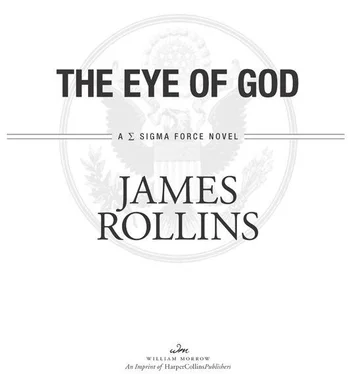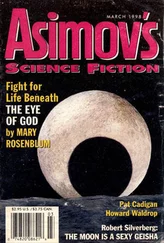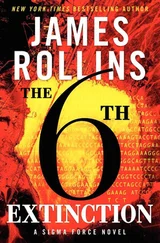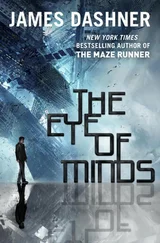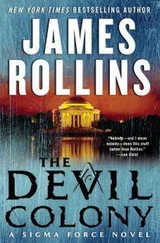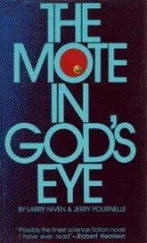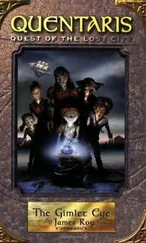
DEDICATION
To Dad
Who gave us the wings . . . and all the sky to fly high
EPIGRAPH
The distinction between the past, present and future is only a stubbornly persistent illusion.
—ALBERT EINSTEIN

NOTES FROM THE HISTORICAL RECORD
WHAT IS THE TRUTH? When it comes to the past, that’s a difficult question to answer. Winston Churchill once stated that History is written by the victors. If he’s right, then what historical document can truly be trusted? What has been written down only goes back some six thousand years, tracking only the briefest steps of humans on this planet. And even that record is full of gaps turning history into a frayed and moth-eaten tapestry. Most remarkable of all, down those ragged holes many of history’s greatest mysteries have been lost, waiting to be rediscovered—including events that mark pivotal shifts in history, those rare moments that change civilizations.
One such moment occurred in AD 452, when the ravaging forces of Attila the Hun swept through northern Italy, destroying all in their wake. Ahead of his barbarian horde, Rome was all but defenseless, sure to fall. Pope Leo I rode out of Rome and met Attila along the banks of Lake Garda. They spoke in private, in secret, with no written record of what transpired. After that meeting, Attila turned away from certain victory, from the very sacking of Rome by his barbarians, and promptly left Italy.
Why? What had transpired at that conclave to turn Attila away from certain victory? History holds no answer.
Turn this page to discover how close we came to destroying ourselves, a lost moment in time when Western civilization itself came close to shattering upon the point of a sword—a blade known as the Sword of God.
NOTES FROM THE SCIENTIFIC RECORD
WHAT IS REALITY? It’s both the simplest question to answer—and the hardest. Over the ages, it has baffled both philosophers and physicists. In The Republic, Plato described the true world as nothing more than a flickering shadow on a cave wall. Oddly enough, millennia later, scientists have come full circle to a similar conclusion.
The very page this is written upon (or the e-reader in hand) is made mostly of nothing . Stare more deeply at what appears solid, and you discover a reality made up of masses of atoms. Tease apart those atoms, and you find a tiny hard nucleus of protons and neutrons, encircled by empty shells that hold a few orbiting electrons. But even those fundamental particles can be split tinier: into quarks, neutrinos, bosons, and so on. Venture deeper yet, and you enter a bizarre world occupied only by vibrating strings of energy, which perhaps may be the true source of the fire that casts Plato’s shivering shadows.
The same strangeness occurs if you stare outward, into the night sky, into a vastness beyond comprehension, a boundless void dotted by billions of galaxies. And even that enormity may just be one universe among many, expanding ever outward into a multiverse. And what of our own universe? The newest conjecture is that all that we experience—from the tiniest vibrating string of energy to that massive galaxy spinning around a maelstrom of reality-ripping black holes—may be nothing more than a hologram, a three-dimensional illusion that, in fact, we may all be living in a created simulation.
Could that be possible? Could Plato have been right all along: that we are blind to the true reality around us , that all we know is nothing more than the flickering shadow on a cave wall ?
Turn this page (if it is a page ) and discover the frightening truth.
PROLOGUE
Summer, AD 453
Central Hungary
The king died too slowly atop his wedding bed.
The assassin knelt over him. The daughter of a Burgundy prince, she was the king’s seventh wife, newly wed the night prior, bound to this barbarian lord by force of marriage and intrigue. Her name, Ildiko, meant fierce warrior in her native tongue. But she did not feel fierce as she quailed beside the dying man, a bloody tyrant who had earned the name Flagellum Dei, the Scourge of God, a living legend who was said to wield the very sword borne by the Scythian god of war.
His name alone— Attila —could open city gates and break sieges, so mightily was he feared. But now, naked and dying, he seemed no more fearsome than any other man. He stood little taller than her, though he was weighted down with thick muscle and the heavy bones of his nomadic people. His eyes—wide parted and deep set—reminded her of a pig’s, especially as he had stared blearily upon her, rutting into her during the night, his eyes stitched red from the many cups of wine he had consumed at their wedding feast.
Now it was her turn to stare down upon him, measuring each gurgling gasp, trying to judge how long until death claimed him. She knew now she had been too sparing with the poison given to her by the bishop of Valence, passed through him by the archbishop of Vienne, all with the approval of King Gondioc de Burgondie. Fearing the tyrant might taste the bitterness of the poison in his bridal cup, she had been too timid.
She clutched the glass vial, half empty now, sensing other hands, higher even than King Gondioc, in this plot. She cursed that such a burden should come to rest in her small palms. How could the very fate of the world—both now and in the future—fall to her, a woman of only fourteen summers?
Still, she had been told of the necessity for this dark action by a cloaked figure who had appeared at her father’s door a half-moon ago. She had already been pledged to the barbarian king, but that night, she was brought before this stranger. She caught the glimpse of a cardinal’s gold ring on his left hand before it was hidden away. He had told her the story then—only a year past—of Attila’s barbarian horde routing the northern Italian cities of Padua and Milan, slaughtering all in their path. Men, women, children. Only those who fled into the mountains or coastal swamps survived to tell the tale of his brutality.
“Rome was doomed to fall under his ungodly sword,” the cardinal had explained to her beside her family’s cold hearth. “Knowing this sure fate as the barbarians approached, His Holiness Pope Leo rode out from his earthly throne to meet the tyrant on the banks of Lake Garda. And upon the strength of his ecclesiastical might, the pontiff drove the merciless Hun away.”
But Ildiko knew it wasn’t ecclesiastical might alone that had turned the barbarians aside—but also the superstitious terror of their king.
Full of fear herself now, she glanced over to the box resting atop a dais at the foot of the bed. The small chest was both a gift and a threat from the pontiff that day. It stretched no longer than her forearm and no higher, but she knew it held the fate of the world inside. She feared touching it, opening it—but she would, once her new husband was truly dead.
She could handle only one terror at a time.
Fearful, her gaze flickered over to the closed door to the royal wedding chamber. Through a window, the skies to the east paled with the promise of a new day. With dawn, his men would soon arrive at the bedchamber. Their king must be dead before then.
Читать дальше
